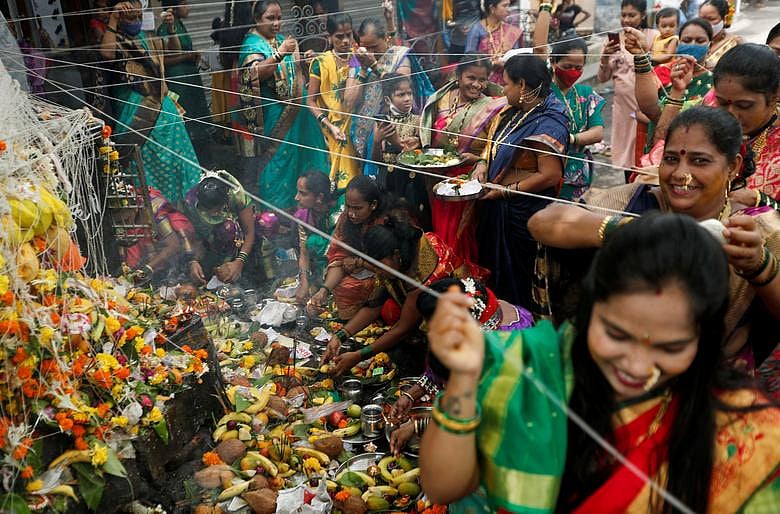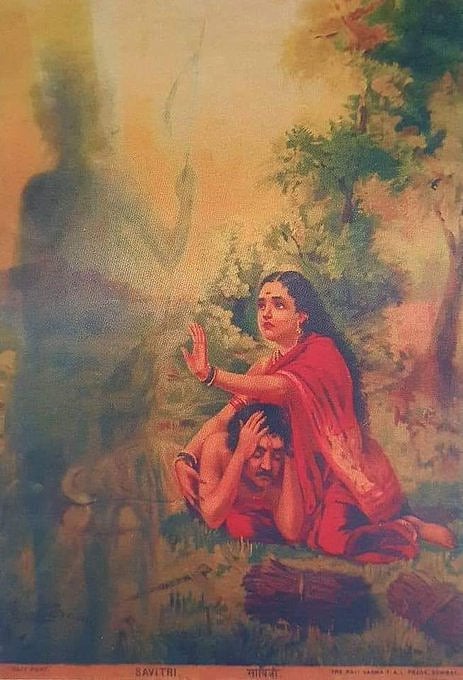Vat Purnima 2024: Every year, Vat Purnima is observed with a lot of devotion and dedication. This is the special day when women keep fast and pray for the blessings and longevity of their husbands. Vat Purnima is observed by the women of the family, usually the married women.
Vat Purnima 2024: Significance
During Vat Purnima, married women keep fast for three days – they start two days ahead of the festival. The Vat or the banyan tree holds significance for Vat Purnima. It is believed that the banyan tree represents the three supreme deities of Hinduism – Lord Brahma, lord Vishnu and Lord Shiva.
Vat Purnima 2024: Date
According to the Purnima calendar, Vat Purnima is observed during the Jyeshtha Amavasya which coincides with Shani Jayanti. However, according to the Amanta calendar, Vat Purnima is observed on Jyeshtha Purnima. According to Drik Panchang, the auspicious day will be celebrated on June 21 this year.
Vat Purnima 2024: Shubh Muhurat
According to Drik Panchang, Purnima tithi will begin at 7:31 AM on June 21 and will end at 6:37 AM on June 22.
Vat Purnima 2024: Rituals
On the day of Vat Purnima, married women keep fast for the entire day. Then, during the evening, worship Goddess Savitri and Satyawan under the banyan tree. Devotees must wear new clothes, apply vermilion on their foreheads, and put one leaf of banyan on their head. Unmarried women can also keep Vat Purnima Vrat to seek blessings for getting a good husband. Unmarried women should wear yellow clothes while praying to the Goddess.

Vat Purnima | X
History Of Vat Purnima
Vat Purnima originates around a mythological tale of Savitri and Satyavan, where Savitri's unwavering devotion and wifely duty enable her to outwit Yamraj, the god of death, and save Satyavan from an untimely demise.

Satya Savitri mythological tale | X
Which States Celebrate Vat Purnima?
The auspicious day is celebrated in the northern and western Indian states of Uttarakhand, Maharashtra, Goa, and Gujarat. The period of the festival is observed in the month of Jestha (May–June) according to the Hindu calendar.











